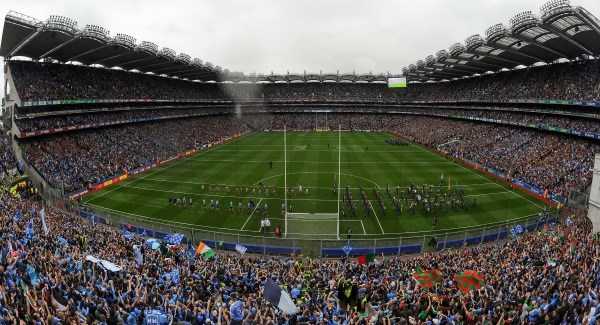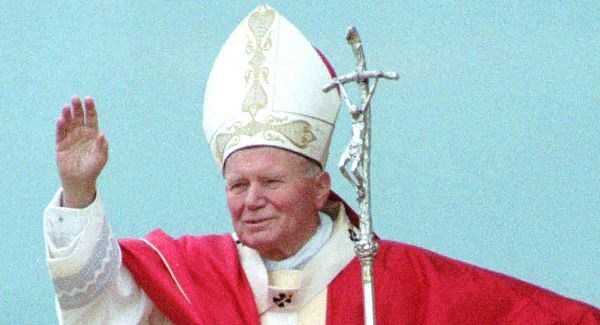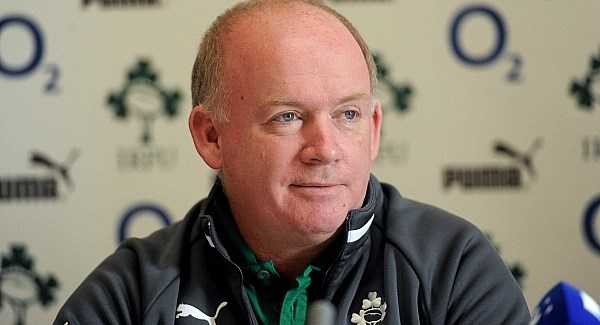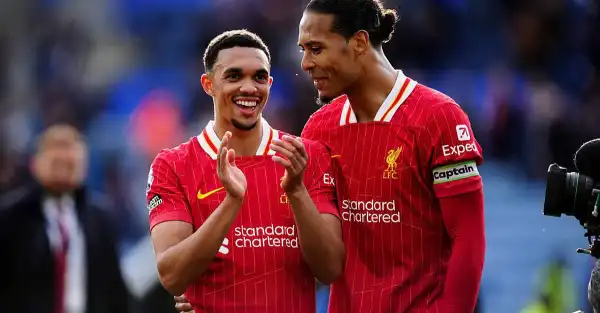There’s a lack of sport this weekend because of cold weather, but it’s not always snow, ice or rain that cause the problem. Michael Moynihan put up the MATCH CANCELLED sign and looked at acts of God from the past.
1956: Polio in Cork
In 1956 Cork was in the grip of a polio epidemic, one made all the worse because of the uncertainty over the cause of the disease.
With polio affecting many children on Leeside, the health authorities in Dublin asked the GAA to postpone the All-Ireland finals, both of which featured Cork. Those authorities had already appealed to Cork football supporters not to bring children under 14 to the All-Ireland semi-final against Kildare for fear of infection.

That fear was very real, as evidenced by the letters sent by citizens of the capital to the Department of Health. History Ireland reproduced one, signed ‘People of Dublin’, asking the Minister for Health his department what had been done “to prevent the entry of Cork people en masse” into Dublin, adding, “Let ‘Cork’s own town’ keep their polio and not infect our clean city” and telling the Minister “to wake up and do something before polio of the Corkonians is laid upon us”.
Another communication criticised the Minister for having “the nerve to allow thousands of people come up from Cork last Sunday”, adding that it was terrible “to expose the children and people of Dublin to such danger. Of course, the game of football is so much more important than the health and lives of children and adults. If there is an outbreak in the next few weeks, you will be responsible and have it on your conscience—but, it will be us mothers who will have the anxiety and sorrow if our children are struck down and I hope you will remember this.”
The games were postponed – and very well attended when the refixtures were eventually played. There were 83,096 at the hurling final, which was played on 23rd of September, and a crowd of 70,772 came to the football decider on the 7th of October. Both Cork teams were defeated. The ‘clean city’ of Dublin survived.
1979: the Pope
One-time goalkeeper Karol Wojtyla kept long-time full-forward Jimmy Keaveney out of an All-Ireland final because of fixture rejigging.

It worked out like this. Referee Paddy Collins sent off Jimmy Keaveney in the 1979 Leinster final against Offaly for striking opponent Ollie Minnock.
Dublin overcame the handicap, their 14 men collecting the Leinster title, but the eight-week suspension made Keaveney ineligible for the All-Ireland final as it came within his eight-week suspension. Any other year he’d have made it back in time but . . .
“At that time if a player was reported for a striking offence he would receive an eight-week suspension while a dangerous play offence would merit half of that,” Collins recalled for ‘From Stars to Saints’ – a history of St Loman’s GAA club in Mullingar.
“Because of the visit of the Pope, the All-Ireland final was brought forward by one week to the third week in September instead of the fourth.
“It’s fair to say that although the telephone system is not as reliable as it is now it was still adequate enough to ensure that I was made aware of the feelings of many people on the issue.
“Jimmy struck Mr Minnock so he did not play in the final. I would have loved if it could be different because apart from that incident Jimmy was a superb sporting player.”
Dublin lost to Kerry 3-13 to 1-8 in the final. Would Keaveney have been the difference? He would certainly have contributed on the scoreboard
2001: Foot and Mouth
An outbreak of foot and mouth disease early in 2001 played havoc with travel and tourism in the country, and sport suffered as well.
Among the events which took a hit was the Six Nations, with Ireland’s games rescheduled to September and October.
There wasn’t much sympathy from the likes of Keith Barwell, Northampton RFC owner, when the news broke
“The fact of the matter is that the Irish have called these games off,” said Barwell.
“I believe that they should be told that if they cannot fulfil their fixtures it should return to Five Nations just for this year,” he added.
The uncertainty didn’t seem to affect Clive Woodward’s England, who destroyed all opposition, scoring 215 points in crushing wins over Wales, Italy, Scotland and France.

Clive Woodward
“England were going great guns that year but we had won our first two games too before the foot and mouth outbreak,” Keith Wood recalled some years ago for the BBC.
“It was a strange feeling playing them in October because it was the end of the campaign, but it had started in the previous season.
“We prepared well for the game – we had won in Cardiff the previous week – and maybe England didn’t. They had not played together for a long time but we took our chances and fortunately I managed to get an early try.”
England lost out on a Grand Slam as Ireland managed a 20-14 win; as Wood noted, England were rusty and Ireland had momentum, thanks to the games being rescheduled.
2012: the cold.
The French Military Band were still playing in the Stade de France, awaiting the arrival of France and Ireland in the Six Nations when the announcement was made: there would be no game played as the pitch was still frozen in places.
The reaction was negative, with plenty of booing, and nearly half an hour later some French spectators only left when France captain Thierry Dusautoir spoke over the PA system.
It was February 11th. A full hour before the scheduled kick-off, the Paris air temperature was -5C with the wind chill factor taking that down to -11C; at what would have been half-time (10pm local time) the air temperature was -10C and dropping.
France coach Philippe Saint-André and Ireland’s Declan Kidney didn’t have a problem with the decision.

Kidney in 2012
“One particular corner of the pitch was quite dangerous to play on so I believe the referee took the right decision,” said Kidney. “The players were pumped up for it in the dressing room as the protocol of this competition demands that you prepare fully for the game. The boys were ready to go but sometimes you have to let your head rule your heart.”
At a chaotic press conference French Rugby Federation president Pierre Camou went on the offensive: “I am not sure the argument of safety is a good one at 8pm.
“I cannot speak for the referee as he for his own reasons has chosen not to appear to explain himself.
“I watched the Italy v England game earlier on where the pitch was covered in snow in places, and I would like to remind you that the referee was French.”
(The game was rescheduled for March 4th and ended in a draw, 17-17. Here was one case where the postponement made little difference).
Sourse: breakingnews.ie






